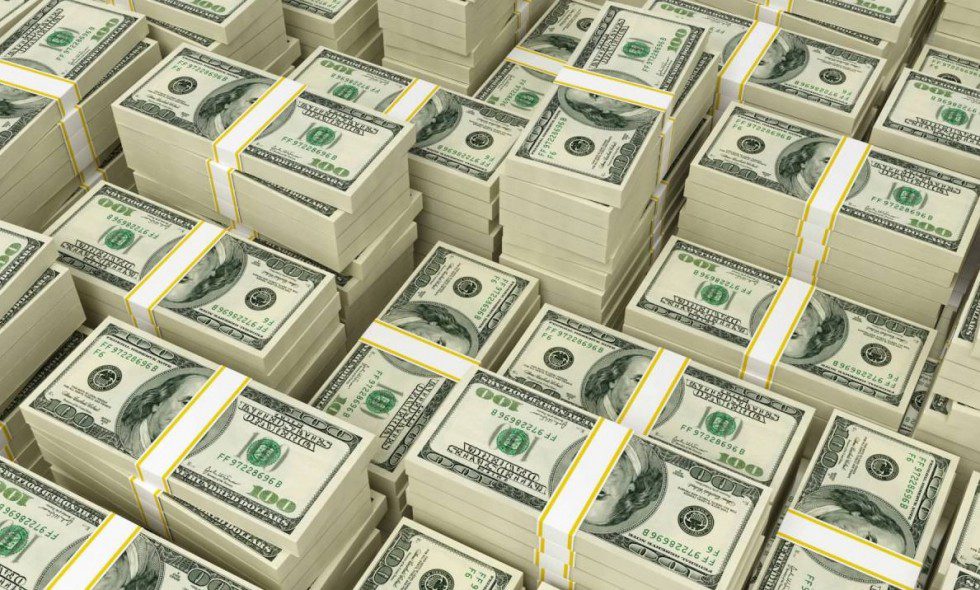At the initiative of the United States, the leaders of the seven industrialized countries have announced their intention to mobilize 600 billion dollars to finance infrastructure in developing countries.
Gathered since Sunday, June 26 in Munich, southern Germany for a three-day summit, the leaders of Canada, France, Germany, Italy, Japan, the United States and the United Kingdom have presented a major funding program for developing countries, especially for Africa. They pledged to raise $600 billion in private and public funds by 2027, over a five-year period.
This amount is supposed to respond to the huge projects financed by China in its “New Silk Roads,” with sub-Saharan Africa as a “major priority,” according to a senior American official. “With G7 partners, we aim to mobilize $600 billion by 2027 for global infrastructure investments,” the White House said shortly before a speech by U.S. President Joe Biden unveiling the proposal at the seven-nation summit in southern Germany.
The U.S. president assured that this program was based on “shared values” such as “transparency,” but also respect for workers’ rights, the environment, gender equality. “We are proposing better options,” he said, without mentioning China. But the G7 leaders made obvious allusions to it. For President Biden, it is a question of competing with the “New Silk Roads” and the investment projects financed for years by Beijing.
Senegal’s Macky Sall and the South African are the two African heads of state invited to the G7 summit. Other leaders of emerging countries, such as Indonesia, India and Argentina, are taking part in this meeting where the West is seeking to broaden the front of united democracies against the threat of a bloc formed by Russia and China. These emerging economies are also particularly exposed to the risk of food shortages, the explosion of energy costs aggravated by the war in Ukraine and the climate crisis.
The address by Macky Sall, who is also the current chairman of the African Union (AU), is highly anticipated. During a recent visit to Moscow, he drew President Vladimir Putin’s attention to the impact of his country’s war in Ukraine on the world’s grain and fertilizer supply.
ODL/cgd/lb/abj/APA


